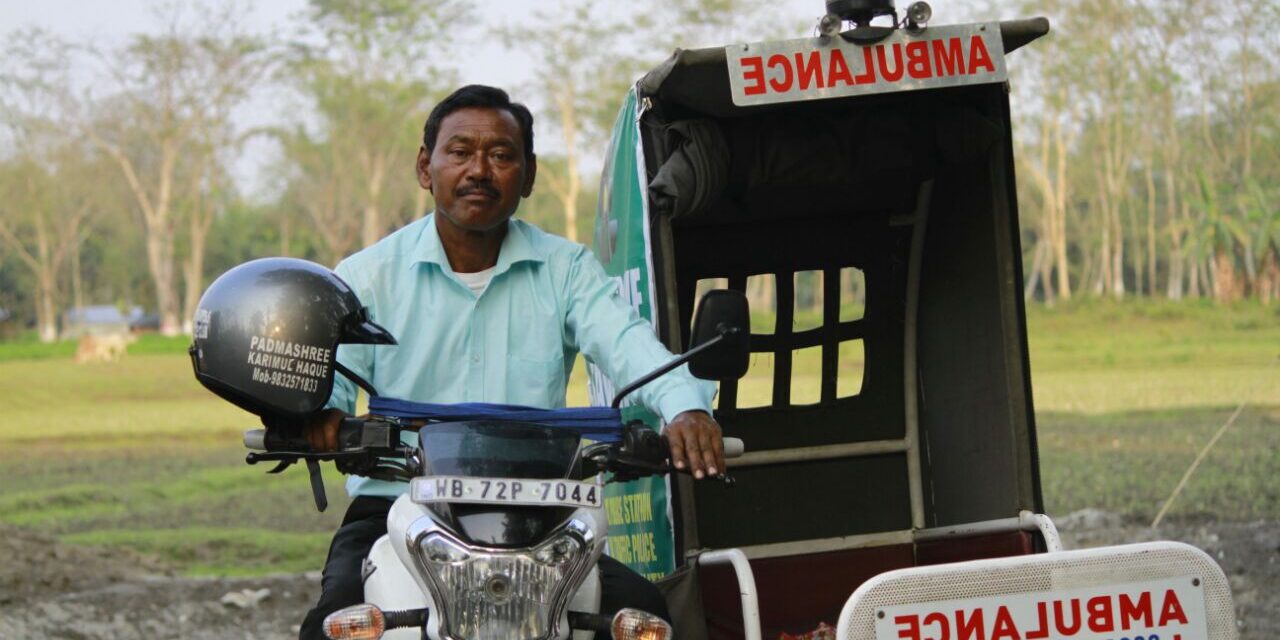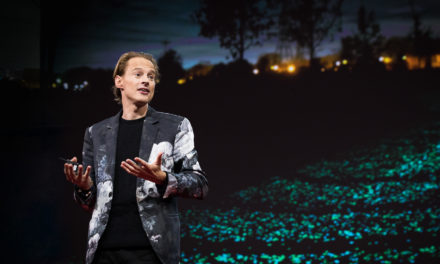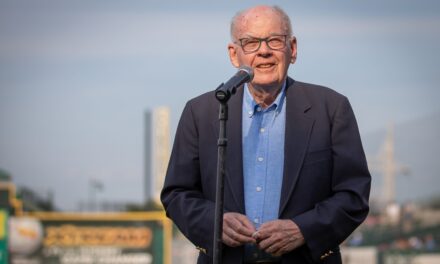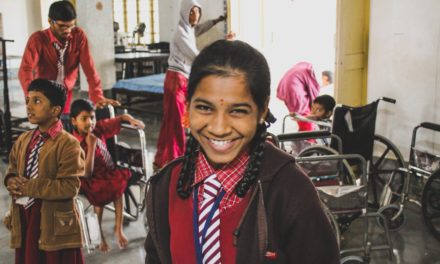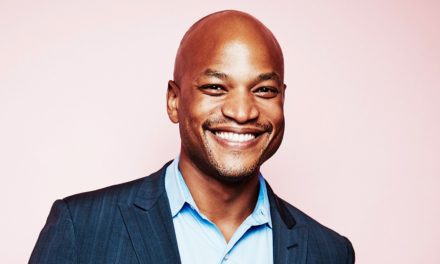Credit: ENewsDesk
Hospitals are a privilege many don’t think about day-to-day. We go by them on our way to work without more than a passing glance and perhaps the idle satisfaction that there is, in fact, one nearby.
Some people do not have this luxury. A lack of access to transportation can make getting to the hospital during a medical emergency a difficult feat, and that hardship is amplified when the hospital is at a great distance.
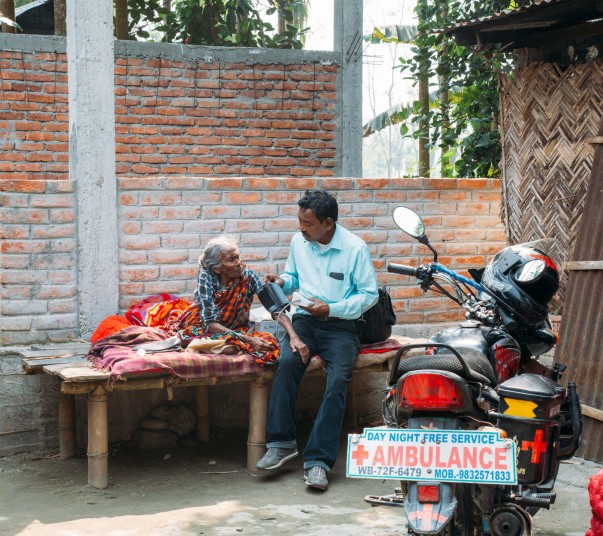
Credit: Milaap
For one village in West Bengal, India’s, the nearest hospital is more than 30 miles away. Ambulances won’t drive an hour out to pick up someone in need. Even if they did, the wait time could be deadly. For someone in need of immediate medical attention, waiting two hours before getting through the hospital doors may not be an option.
This knowledge became a reality for Karimul Haque 19 years ago. One night, Haque’s mother suddenly fell ill. He had no way of getting her to the hospital, and because of a lack of access to medical treatment, Haque’s mother died at three in the morning. If he’d been able to take her to the hospital, Haque is certain his mother would have survived.
In his grief, Haque vowed to not let another mother suffer from a lack of access to healthcare, and formulated a plan. He purchased a small motorcycle, fashioned a buggy attachment, and developed a motorcycle ambulance.
“These are not bikes, they are life savers,” Haque says.
The road to the hospital is not an easy one by any means– sometimes there isn’t a road at all, and sometimes they are attacked by elephants or bison– but it is a journey Karimul Haque must make. He travels through the jungle in day or night, rain or shine, to make sure those who call him receive the medical attention they need. By calling the number on the side of his ambulance, anyone can receive the help they need.
After nearly two decades of work, Karimul Haque has earned the title of “The Bike Dada” from locals. He has taken more than 5,000 people to the hospital with his motorcycle ambulance, and he isn’t stopping any time soon. In fact, the business of helping others has become a family affair. Many of Haque’s family volunteers their time to get people the medical attention they need.
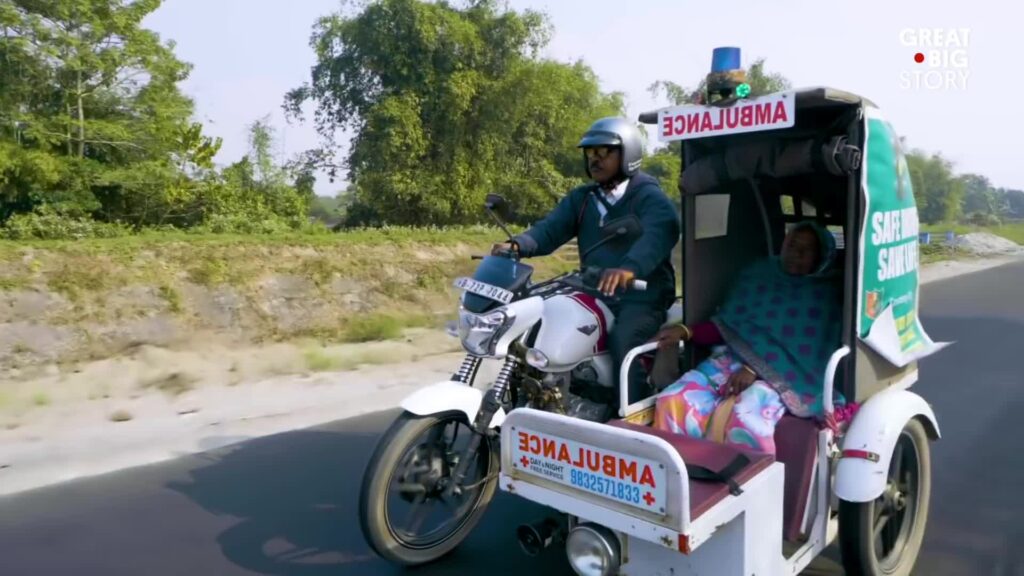
Credit: ED Times
“I want to inspire my villagers and my children to continue doing this work. I get very happy when somebody thanks me for saving their life. It feels very good.”
While still quite a distance from the nearest hospital, Haque’s kind heart and giving spirit has helped bridge the gap. He keeps the people of his village healthy, and his mother would certainly be proud.
